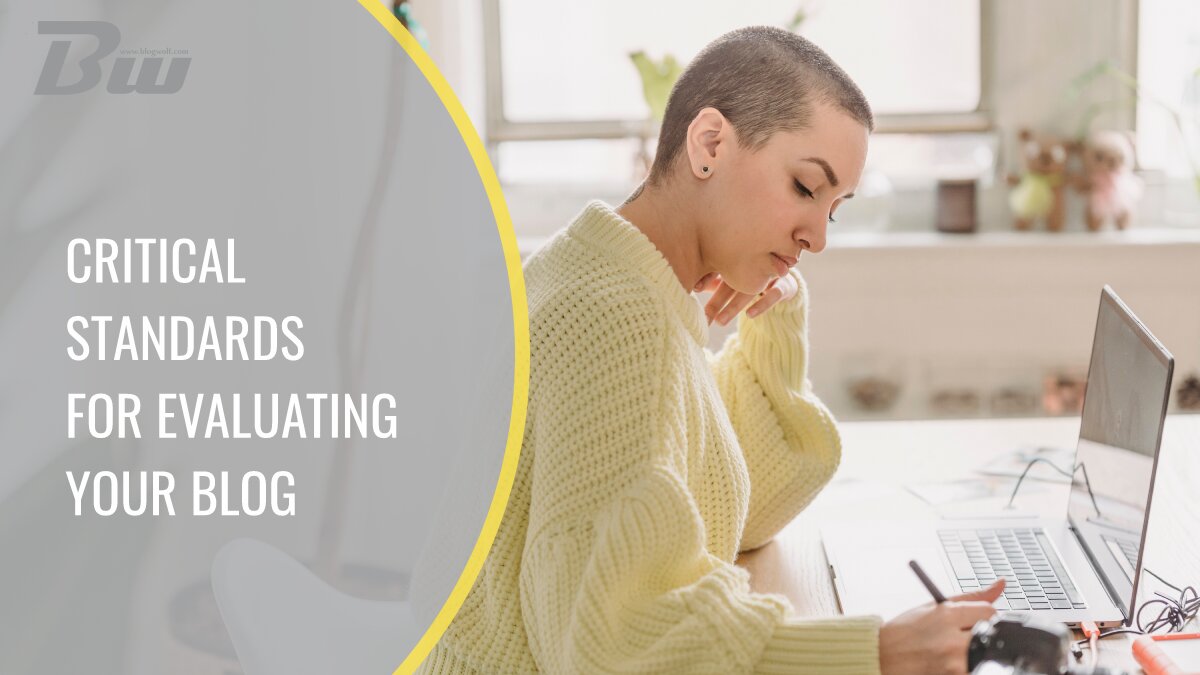Table of Contents
Blogs are an integral part of today’s media culture. People create content with different purposes. Some want to share their experience and takes on various subjects. Others aspire to educate the audience. Regardless of their aims, blogs have to meet several requirements. Whether you are an experienced blogger or a beginner, or you plan to build a blog and accumulate a community of active readers, pay close attention to the following elements.
Visual Components
Whatever subject matter you plan to delve into, consider analyzing the visual part. Our eyes are a potent source; we get much more information through sight compared to our hearing. When evaluating your blog, check graphic details. They must be apt and pertinent to the topic. This also relates to ads. If you have a web page and decide to integrate ads, make them as natural as possible. Check if they are relevant to the post and, what’s more important, might be helpful to the reader. Before attaching any visual detail–whether it is an ad or a picture–ask yourself, “Is it relevant?”
Accuracy
Accuracy is another vital element of every blog. Typically, successful blogs touch upon one or several topics related to a specific area. This allows bloggers to be informative and precise and provide their audience with crucial information. Of course, you can cover a larger area to reach more readers. Usually, though, it is recommended to concentrate on a narrowed subject area and meet people’s main queries. Take academic writing services. By typing, “do my paper for me,” everyone can choose from a wide array of companies. Your blog must also fall into a particular category: food, travel, fitness, etc.
Credibility
The Internet has become the primary source of information. You can single-handedly find nearly any article, textbook, or video swiftly. The main concern, however, is the reliability of such information. Many blogs are manipulative, and they often portray information from one perspective only. To have a credible blog, check whether your posts contain trusted information backed up with authoritative sources. If your blog comprises mainly narratives, then, of course, the number of reliable sources would be lower. Either way, make sure your arguments are reasonable.
They should always refer to verified information, like peer-reviewed articles, to help your readers enrich their knowledge. Besides, you can also add the list of literature for those who want to learn more about the topic. It will give you plenty of credit and prove that you are reader-oriented. And finally, remember that biased content is detrimental, and even a single post can cause a loss of a significant number of readers.
Readability
Along with including relevant sources in the blog, ensure the content is readable. No matter what your blog is about, try to simplify your content and explain complicated concepts in simple terms. Check your sentence length and split sentences if they are too long. Not only will it increase readability, but it will also positively impact your entire blog and improve its search engine positioning. Aside from that, check whether your grammar and vocabulary are simple and easy to understand. The simpler structures and words you use, the better coherence your blog will have in the long run.
Insightfulness
Every blog must carry meaning and be valuable to the readers. Why should readers read your posts and follow your blog? Why should they prefer you instead of others? When assessing your blog, check if your posts contain insightful content and thought-provoking ideas. Suppose you find some blog posts lacking such content during evaluation. In that case, you can compensate for that by adding the tips and tricks section.
Conclusion
Creating a blog is effortless; making it successful is not. Publishing a specific number of posts isn’t enough to retain the audience. You must also adjust content to the readers’ needs. The mentioned elements will help you evaluate your posted pieces, find their merits and demerits, and make forthcoming articles better.




